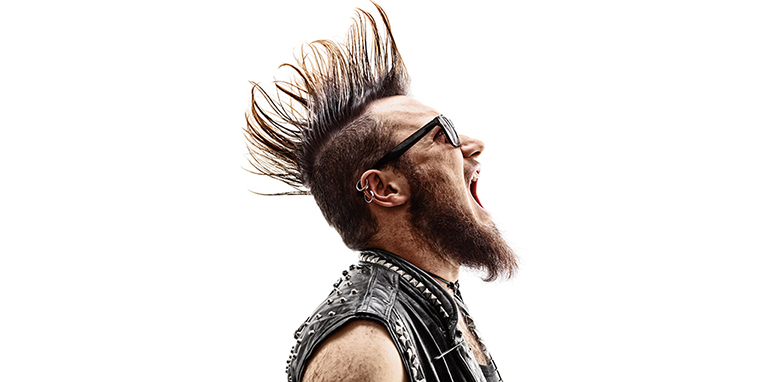Inherited IRAs Need Protection
 The United States Supreme Court recently decided that an “inherited IRA” was not protected under the Bankruptcy Code and could be used to pay the debts of the beneficiary of the IRA (Clark v. Rameker, 134 S.Ct. 2242). This conclusion sounds just plain wrong, because we know the general rule that our IRAs are protected and are out of the reach of our creditors. The idea has always been that our IRAs can’t be taken away from us, and that the funds will be there for our retirement.
The United States Supreme Court recently decided that an “inherited IRA” was not protected under the Bankruptcy Code and could be used to pay the debts of the beneficiary of the IRA (Clark v. Rameker, 134 S.Ct. 2242). This conclusion sounds just plain wrong, because we know the general rule that our IRAs are protected and are out of the reach of our creditors. The idea has always been that our IRAs can’t be taken away from us, and that the funds will be there for our retirement.However, this decision doesn’t take away the protection for our IRAs. It only applies to “inherited IRAs”, which is what IRAs are called when we die, and we leave them to our children or other individuals. In Clark v. Rameker, the Supreme Court unanimously determined that funds in an IRA account that a woman inherited from her father were not “retirement funds,” as that term is used in the Bankruptcy Code, and therefore the IRA could be used to pay her creditors in her bankruptcy.
IRA Benefits
The tax-free growth of an IRA is its primary benefit. An IRA is typically funded with pre-tax moneys, and no income tax is due on the IRA until withdrawals are taken from the account. Assuming a 6 percent growth rate, an IRA account balance can quadruple over 25 years. This growth potential, along with the relatively small required minimum distributions for initial IRA owner, is generally described as the ability to “stretch-out” an IRA.
The Clark decision may (or may not) surprise you. It seems that very few people really consider what will happen to their IRAs when they die. Most just assume that their IRA account will continue to grow tax-free and will eventually be distributed to their children for their retirement needs. Unfortunately, inherited IRAs can lead to many unanticipated issues.
No Restrictions
One of the reasons behind the Clark decision is the fact that there are no restrictions on the recipient’s use of his/her inherited IRA. Even though you may have expected your child to hold on to your IRA, as a cushion to protect him when he eventually retires, your child can withdraw it all on the day he receives it, and can spend in on whatever his heart (or his wife’s heart) desires. The hope for a stretch-out of your IRA can quickly turn into a blow-out for recipient, with no thought of the future.
Protection
The lack of creditor protection and the possibility of a “blow-out” of the account are only two of the issues regarding inherited IRAs. However, most of these problems can be limited through the creation of a IRA Beneficiary Trust, which holds the inherited IRA account and can protect against unfortunate events and poor decisions by the beneficiary.
With an IRA Beneficiary Trust, your child can be protected against his (or his wife’s) spending habits and can help maintain the stretch-out of your IRA into your child’s retirement.
If you are interested in hearing more about using a trust to protect the inherited IRAs for your children and other beneficiaries, please contact me.
Categories: Estate Planning, IRAs
How to explain your wishes about Life-Sustaining Treatments Do I need a DNR?
Contact John
30+ Years Experience.
Personal Planning.
Plain English.

Committed to simplifying your estate planning. Let's work together to achieve your
peace of mind.
John Varde, Attorney
180 North LaSalle, Suite 2650
Chicago, Illinois 60601
Get Started Today
If you’re ready to take the next step, download the free Confidential Estate Planning Questionnaire

